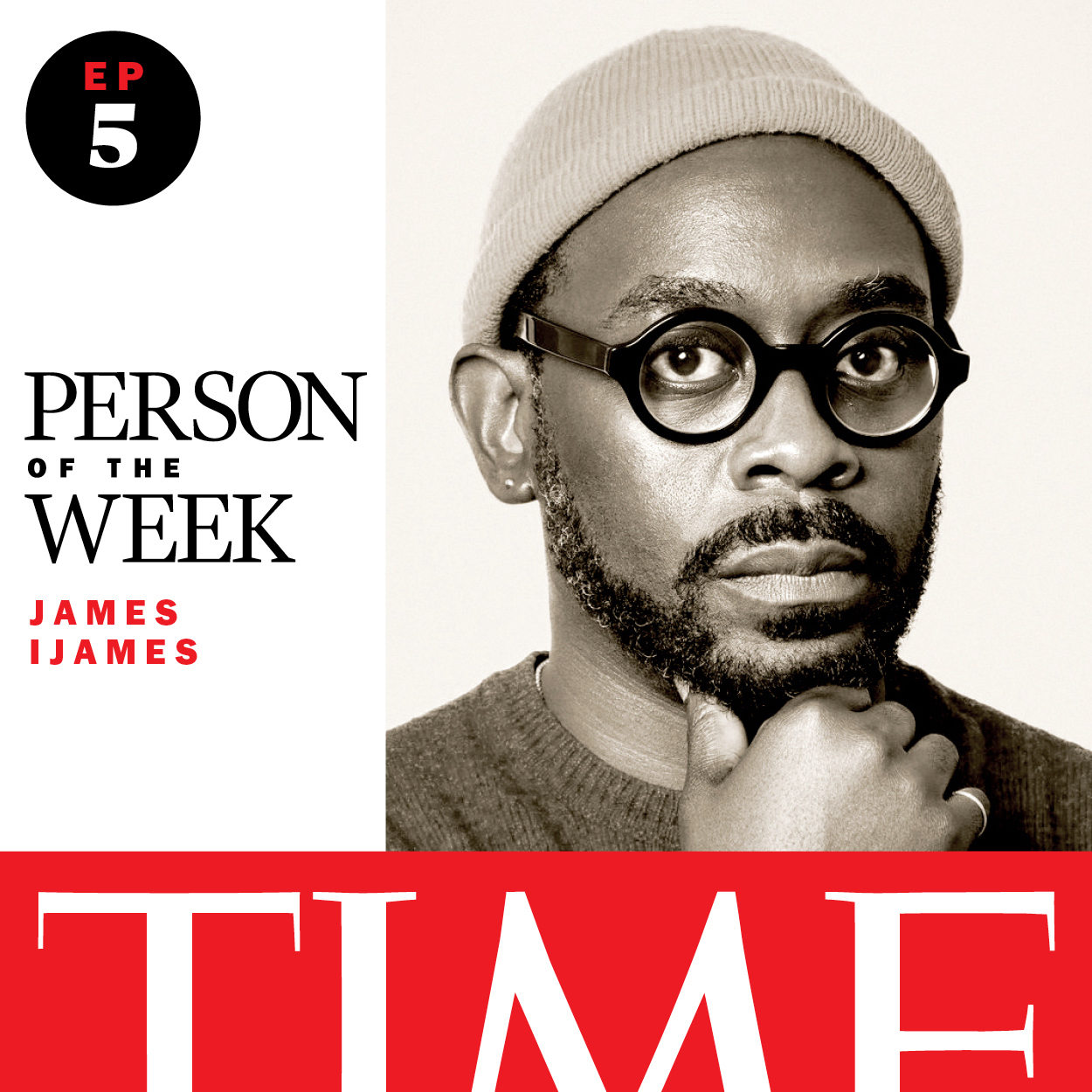James Ijames just may be the playwright of the moment. He recently had five plays running in four different cities. And in April 2023, Ijames made his Broadway debut with Fat Ham, a reimagined Hamlet in which he staged the famous Shakespearean tragedy as a comedy, complete with a barbecue, drag, and an all-Black cast. Fat Ham earned five Tony nominations, and a Pulitzer Prize in 2022, and propelled Ijames into the vanguard of American playwrights.
Host Charlotte Alter spoke with Ijames earlier this spring, before Fat Ham’s final Broadway performance on July 2. During the interview, Ijames shares stories of his personal journey into theater and growing up in the South. The pair discussed everything from their shared love of theater to Ijames’ experience growing up in the South, to how his work explores 21st century masculinity.
Tune in every Thursday, and join us as we continue to explore the minds that shape our world. You can listen to the full episode in the player above, but here are a handful of excerpts from our conversation:
On why he chose to adapt Hamlet
It started making me think about the things that we inherit from our families, the things we inherit from society that we don’t really have a whole lot of control over— our possession of them or, that they are things that we have inherited, but we can make some decisions about how we want to interact with that and what we want to do with it and whether or not we want to keep it. Just because someone gives you something doesn’t mean you have to hold onto it. And that felt like a really great vehicle to talk about my own relationship with masculinity.
On the parallels of Shakespeare and the South
I think the scale of Shakespeare and sort of the Elizabethan theater period graphs onto Black American culture pretty nicely. The sort of beauty of the language of Hamlet, the reliance on that in the Elizabethan era, it’s a visceral world of watching a play. It’s not people sitting in seats and very manicured and very quiet. It’s like, if I don’t like this, I’m throwing tomatoes. So there’s this like energy of, the possibility of anything happening.
On writing as a therapeutic practice
I never thought of it as really as a career until about 15 years ago when I really started to send things out and say, OK, I want see what other people think about this. For me, it was a way to metabolize how I was feeling. I grew up working class, and I had anxiety and maybe a little depression when I was a kid and didn’t have access to therapy. And so like so many working class and poor people of color, Black people in particular, we find ways to take care of ourselves. And one of the things that I did was that I wrote. I would be upset about something and I would have someone like my grandmother say, ‘Write it down.’
These excerpts have been edited and condensed for clarity.
- Introducing the 2024 TIME100 Next
- The Reinvention of J.D. Vance
- How to Survive Election Season Without Losing Your Mind
- Welcome to the Golden Age of Scams
- Did the Pandemic Break Our Brains?
- The Many Lives of Jack Antonoff
- 33 True Crime Documentaries That Shaped the Genre
- Why Gut Health Issues Are More Common in Women
